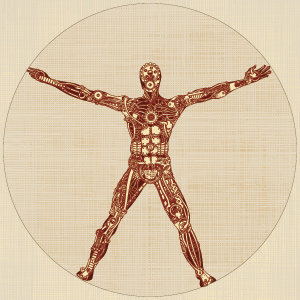
Since the advent of computers, scientific theories can be expressed not only in words or mathematical symbols, as was formerly the case, but can be translated into computer programmes that reproduce reality in the form of simulations. Formulating scientific theories as simulations is useful in all branches of science, but it is especially useful for the sciences of human behaviour and societies, because when these sciences, with the exception of economics, formulate their theories in words, the terminology is often imprecise and is open to different interpretations. The course begins with an explanation of what simulation of humans and societies means, what the advantages and potential ones are and the progress that has been made so far. This general introduction is followed by specific simulations that reproduce the way humans develop their behaviours (biological evolution, development, learning, imitation, cultural evolution), the relationship between the cognitive, motivational and emotional aspects of behaviour, individual differences, language, thinking, social behaviour, differences between men and women, the nature and role of family, possession and wealth, exchange of goods, the emergence of currency and organisation for production of goods, the economic and political role of the State, and simulations of historical phenomena will also be described. The last part of the course investigates the social utility of simulations when they are translated into Digital environments with a user-friendly and motivating interface that enables anyone to find out more about the world they live in.
Indice delle lezioni
- Science
- Motivations
- Evolution and learning
- Language
- Mental life
- Families
- Cultures
- Economies
- Political life
- Inter-individual differences, mental pathologies, art and religion
- Docente: Domenico Parisi
